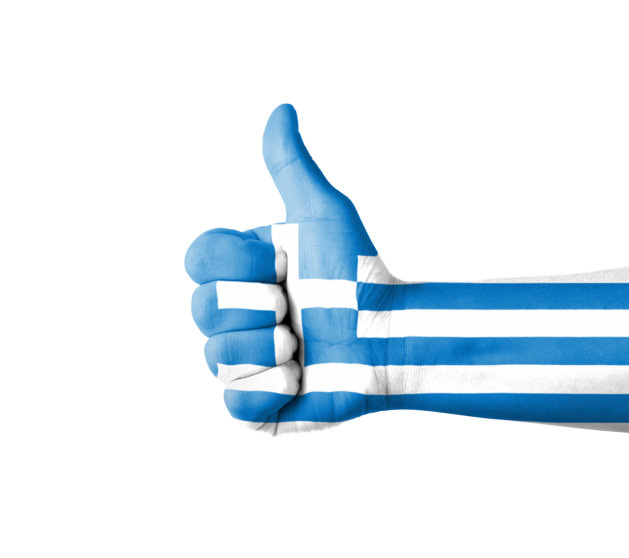greek_ggirl
Active member
I’ve seen many posts about Greek traditions. But what are some Greek American ones? I’d love to hear your favorites!!
Follow along with the video below to see how to install our site as a web app on your home screen.
Note: This feature may not be available in some browsers.

I’ve seen many posts about Greek traditions. But what are some Greek American ones? I’d love to hear your favorites!!
Lol greeklish will get you into trouble.. One thing Greeks Americans do when when they forget an english word is stick iota at the end of the word. car -> carι, roof -> roofι.... If you're not careful, you can make an embarrassing mistake and forget the word moon and accidentally say moonι (Kοίτα το moonί. Είναι ωράιο απόψε) like a family member of mine did once.Here are some Greek American traditions that I can think of:
1. Greek festivals, Greek dances and other local Greek events (most Greek Orthodox churches in the US have many local festivals and events).
2. Greek Independence Day parades - Many major US cities have Greek parades every year (Boston, NYC, Chicago, etc.).
3. All Grenglish words that are not real words in Greek or English, but many times are really funny, here is a good list to get a good laugh
https://www.greekboston.com/grenglish-greeklish/
Grenglish a.k.a. Greeklish Dictionary
Find many commonly used (and very funny) Grenglish or Greeklish words that are part Greek and part English.www.greekboston.com
Wow this is so thorough!! I love to read about Greek-American culture. Thanks so much for sharingGreek festivals? That's about all I can think of. We try to keep our traditions as close to the traditions in Greece as possible. If anything, we've lost some of the traditions (unless you are very connected to Greece and still have family that lives in Greece), or we have combined Greek traditions with American traditions. For example, Greek weddings in Greece don't have bridesmaids and groomsmen, they have 1 or 2 koumparoi at most, and in America we have several bridesmaids and groomsmen. Also, the Groom waits at the entrance of the church with all of the women and no one enters the church until the bride and groom (they are followed in by the guests).
One thing that is unique about Greek spoken by Greek Americans vs Greeks in Greece is that we use older words. For example, I like to use the word "pantote - πάντοτε" which means "always" when I speak Greek, but no one really uses it anymore- the more common word is "panta - πάντα"... For some odd reason, when Greek Americans dance tsamiko, the steps are more rigid than what you see in Greece. I'm not sure why it's that way. Maybe it's because the dance was more rigid 50+ years ago because Greece needed to show aggression (strength)? I don't know.
Edit: Greek Americans are very big on going to church 1. because Greeks are religious, and 2. going to church is how we connect with other Greeks and keep the tradition going. Greeks in Greece don't go to church like we do.. They might show up for 10 minutes to take communion and then go home, they don't get to know the other people at church, and they don't wear dress clothes to church like we do either.
